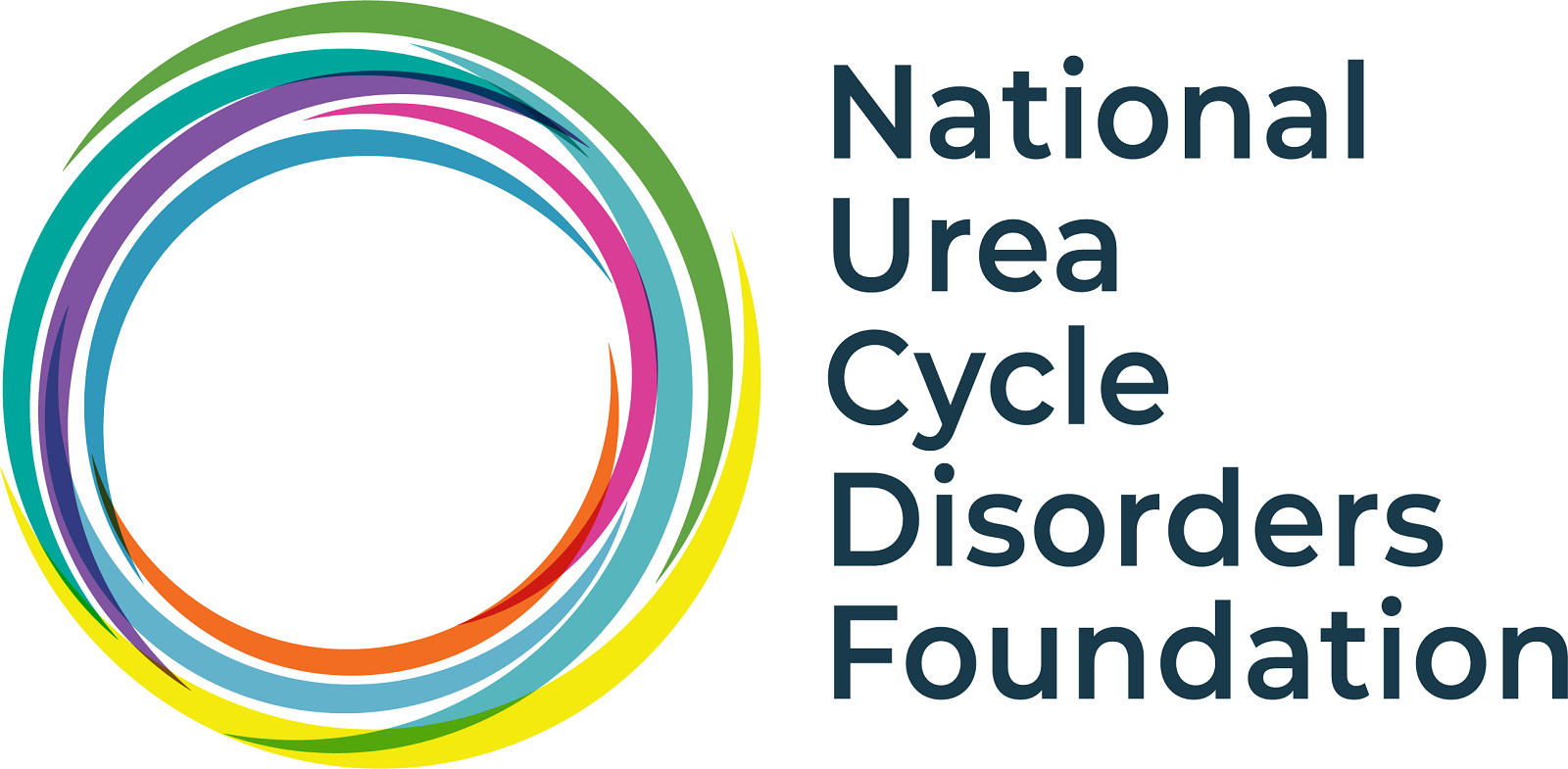Associated Research Projects: Investigation of Brain Nitrogen Metabolism in Partial Ornithine Transcarbamylase Deficiency (OTCD) using 1H Magnetic Resonance Spectroscopy, Diffusion Tensor Imaging, and functional MRI.
5107: Investigation of Brain Nitrogen Metabolism in Partial Ornithine Transcarbamylase Deficiency (OTCD)using 1H MRS, DTI, and fMRI imaging
Status: Closed/Completed
Study Summary
Background
Urea cycle disorders represent a group of rare inborn errors of metabolism due to accumulation of ammonia, a toxic product of protein metabolism. Individuals with urea cycle disorders cannot metabolize the ammonia that accumulates due to enzyme deficiency. The symptoms of these disorders may present at birth, childhood or adulthood (milder deficiencies). There are currently eight enzyme deficiencies that constitute the range of inborn errors of ureagenesis. This project will focus on the most common enzyme disorder of the urea cycle, ornithine transcarbamylase deficiency (OTCD), inherited as an X-linked trait. As a result of this study, a greater understanding of the anatomic, cognitive, motor, and biochemical underpinnings of neurologic damage attributable to this metabolic disorder will be gained.
About this Study
This project will study cognitive and motor dysfunction in patients who are female carriers of ornithine transcarbamylase deficiency (OTCD) or are males with late onset presentation of OTCD. This project seeks to improve our understanding of the underlying neural mechanisms that contribute to metabolic, cognitive, sensory and motor abnormalities in urea cycle disorders. Experimental approaches will combine sensory, cognitive and motor testing with structural, functional and molecular magnetic resonance imaging to study symptomatic and asymptomatic heterozygous female carriers of X-linked Ornithine transcarbamylase deficiency (OTCD), and late onset hemizygous males.
Participants will be asked to submit to several tests that include:
- MRI (magnetic resonance imaging) a non-invasive technique.
- sensory, cognitive and motor testing
- Laboratory testing (blood/urine)
Target Enrollment (CLOSED)
To be eligible to participate, you must:
- Be between the ages of 7-60 years old
- Have an IQ of 70 or higher
- Be able to undergo neuroimaging safely without the use of sedation
- Be a heterozygous OTCD female or late onset male or
- Be a healthy male or female without known medical or metabolic disorder (for healthy controls)
- Be able to travel to Washington, DC and participate in a 3-day study (expenses paid)
You are not eligible to participate if:
- You are less than 7 or older than 60 years of age
- You are pregnant or may become pregnant
- You have any metal in your body
- You have neonatal-onset OTC deficiency
Site/Study Principal Investigator
Andrea L. Gropman, M.D., FAAP, FACMG, FAAN
Director, Neurogenetics Program, Associate Professor in Neurology and Pediatrics Children's National Medical Center
111 Michigan Avenue, N.W., Washington, D.C.
